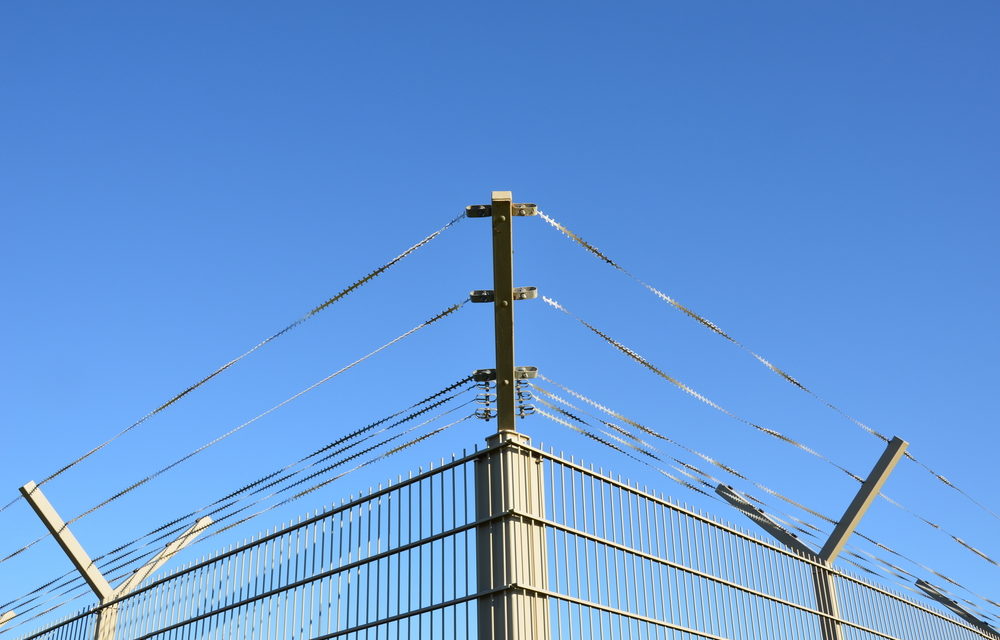On any given day, the United States government can imprison up to 34,000 people in immigration detention. There is a tremendous need for oversight of the conditions and treatment of detainees and the Office of the Immigration Detention Ombudsman (OIDO), a relative newcomer to the immigration detention landscape, is both conducting that oversight and sharing information about its findings. Let’s take a look at the history of OIDO and its second annual report, which provides a snapshot into its current capacity to provide some measure of relief to detained immigrants.
OIDO joins a list of other oversight agencies that are authorized to inspect and review conditions of confinement for the thousands of migrants held daily in immigration detention custody. OIDO aims to set itself apart from the other agencies by, among other metrics, providing immediate redress to detained migrants for violations of detention standards. Congress also empowered OIDO to inspect interior detention and border facilities, review detention contract terms, and issue direct reports to the Secretary of Homeland Security.
OIDO is organized into a front office and five divisions: Case Management, Detention Oversight, Policy and Standards, External Relations, and Operations and Resource Management. It is led by Acting Detention Ombudsman David Gersten, who is a career Department of Homeland Security official. Previously, OIDO was led by Julie Kirchner, a former Executive Director at Federation for American Immigration Reform (FAIR), an anti-immigrant group. Given this start, there was a certain amount of delay in standing up OIDO’s capacity and the past year’s work reflects new leadership.
The Case Management division is responsible for receiving and processing complaints from detained individuals. At the beginning of May 2020, OIDO released its Case Intake Form (DHS Form 405), which can be used by detained individuals or on their behalf by counsel and family to seek assistance from OIDO. AILA recently shared a Practice Alert with details on filing, case-specific information, and more.
The OIDO annual report does not provide substantive details about their inspections and the office’s recommendations to the Secretary (it is likely Congress was provided a more detailed debrief). However, the report did share some summaries from their preliminary data. Prior to the case intake form, OIDO took complaints from a few locations where they had on-site staff or from local non-government groups.
While the data is a small sample size, it paints a clear picture of why detention is so harmful, counter-productive, and arbitrary. For example, 52% were complaints about quality of life/living conditions. The next top complaints were about medical issues. The third category were about abuse & assault (legal access issues came in fourth). When selecting which cases to handle first, OIDO’s case managers triage medical care issues as a priority.
There are a few unaddressed questions from the report. For example, we don’t know whether OIDO will make more of the data collected via their complaints public, nor do we know if OIDO tracks the race of detained immigrants, given that Black immigrants are detained at rates disproportionate to their population. Additionally, the report seems to differentiate between providing “redress” and “case assistance.” Since released immigrants may file complaints, it would be useful to know what relief is available to someone who was formerly abused or harmed while in detention. Just like last year, AILA is looking forward to asking these questions and fielding member questions during the OIDO panel during this year’s Annual Conference.
There is some promise in an agency focused on providing immediate assistance for people in detention. Hopefully, it may save lives by getting medical attention to those who desperately need it. In 2021, ICE acknowledged the death of a least 5 people in detention. A May 13, 2022, Los Angeles Times article details how that number is likely an undercount given ICE’s past actions in releasing detainees who are at death’s door.
Unfortunately, OIDO’s success is hampered by the position that they are not able to recommend the release of a detained immigrant. I’d guess that’s because its mission belies a belief that detention can be made more humane. AILA, however, has concluded that the use of immigration detention for enforcement purposes can be, and must be, phased out and ended.
You can take action and tell Congress to fund fewer detention beds through AILA’s advocacy tool which is publicly available, so please share with your networks! We all need to speak up to ensure the inhumanity of detention is recognized and addressed.
***
For additional resources on AILA’s advocacy to significantly reduce immigration detention, head on over to our Featured Issue Page: Immigration Detention.







